Cazzie David Spent Five Years Fighting to Make an "Anti-Rom-Com" About Emotional Abuse
The writer/actress opens up about how she found catharsis after a breakup by making 'I Love You Forever.'
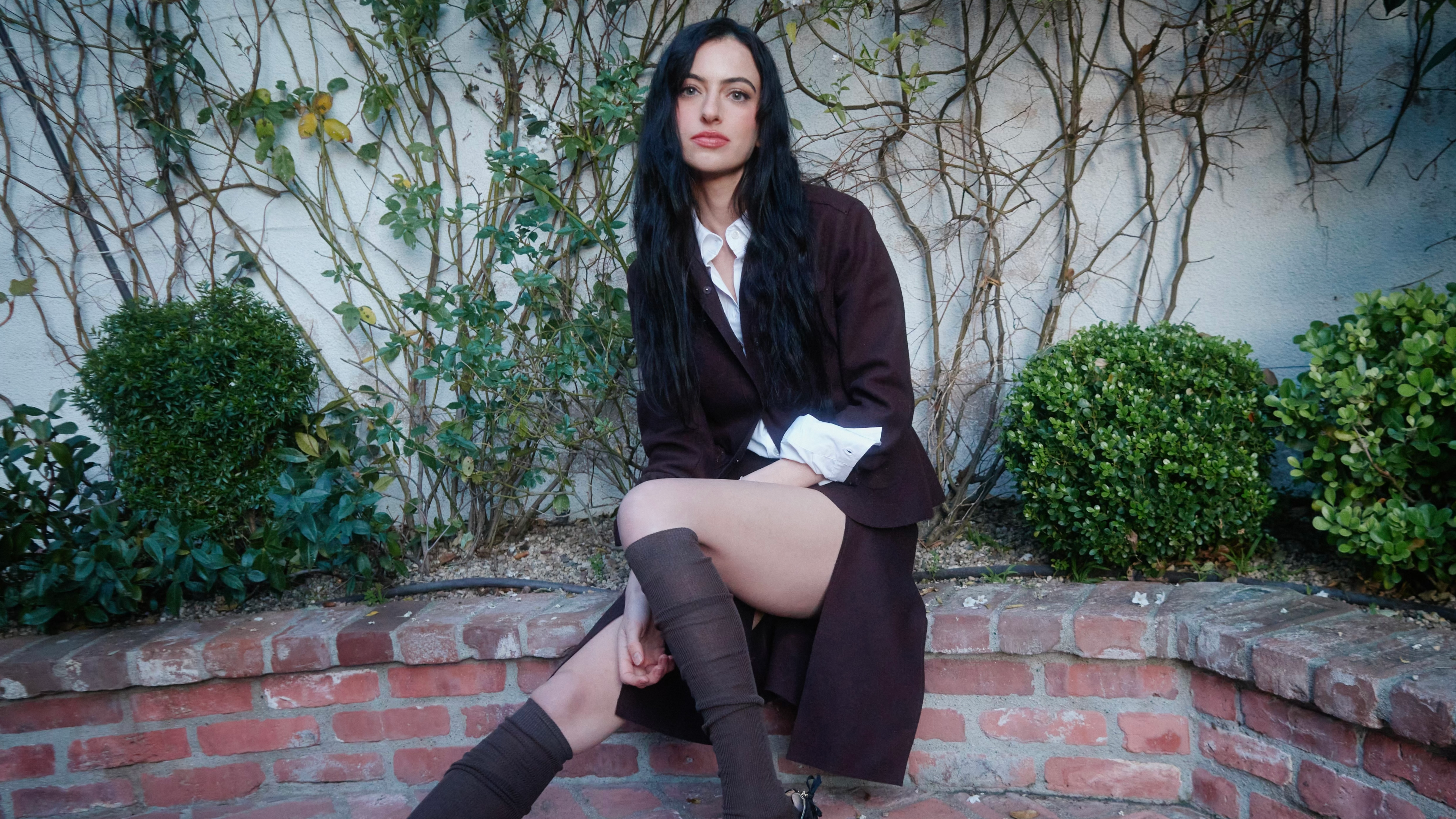
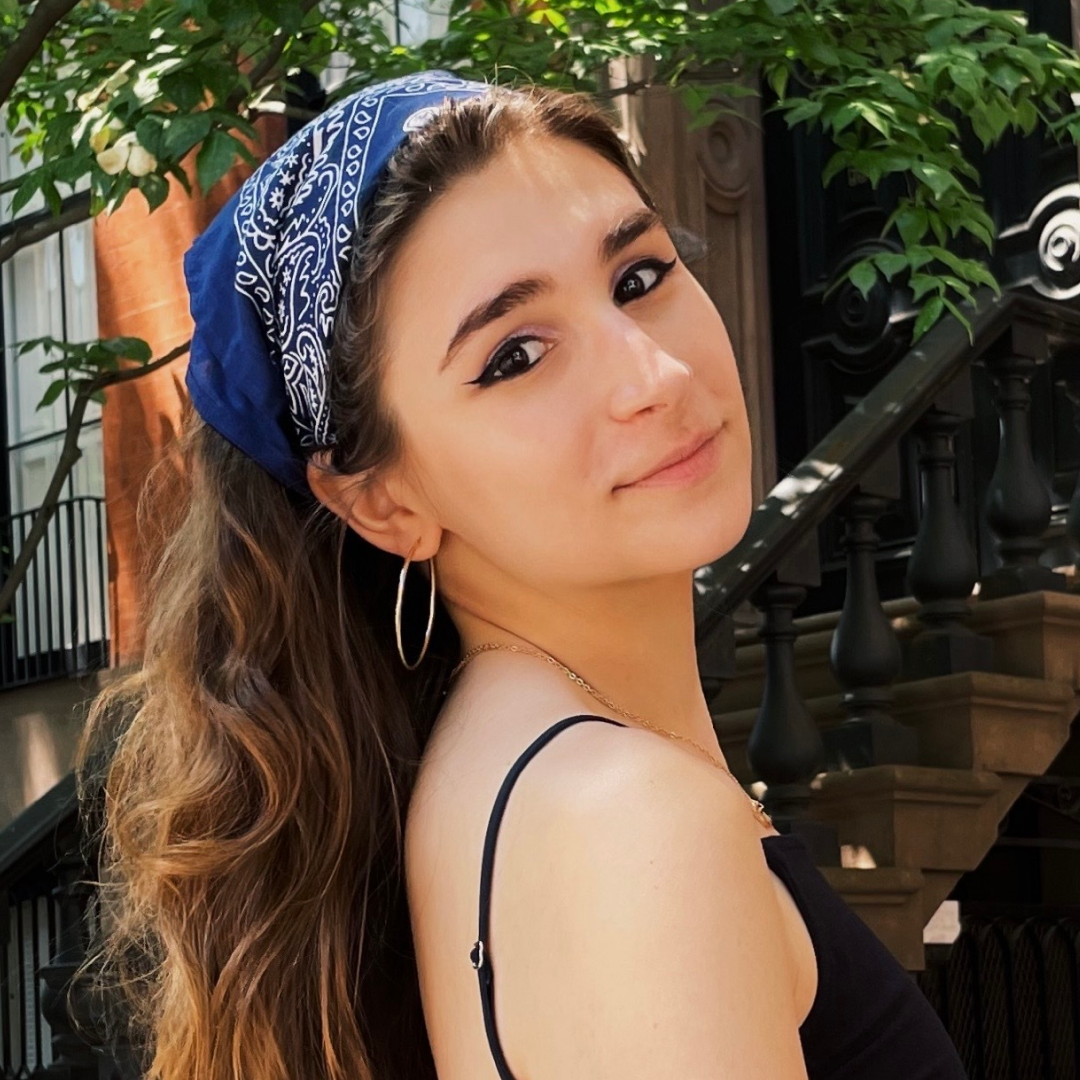
This article contains references to emotional abuse. If you, or someone you know, has been a victim of emotional abuse and would like help, visit themendproject.com.
Cazzie David has spent years mining her innermost thoughts about anxiety, breakups, and social media to become somewhat of a millennial poet laureate—her sharp, perceptive voice fueling her web series and essays. And when it came to the 30-year-old’s directorial debut, I Love You Forever, she also explored the personal. She hopes it resonates—but, for her viewers's sake, also hopes they don't relate.
I Love You Forever, which David wrote/directed with her longtime collaborator and friend Elisa Kalani, is inspired by their own experiences with emotionally abusive relationships. The dramedy, which they’ve described as the “anti-rom-com,” follows law student Mackenzie (Sofia Black-D'Elia) as she enters a whirlwind relationship with TV news anchor Finn (Ray Nicholson) that goes south when his initial charisma proves to be manipulative and eventually insidious.
The movie is what David and Kalani wish they could have watched when they went through something similar. “[Elisa and I] always talk about how it's so weird to want people to relate to it—basically wanting people to have been abused,” David tells Marie Claire over Zoom in early February while she’s visiting N.Y.C. to promote the film’s limited theatrical release.

I Love You Forever marks David's latest writing project, following the 2020 release of her book of essays, No One Asked For This.
Frustrated both by how classic romance movies often equated unhealthy, melodramatic behaviors with falling in love and how films about abuse tended to be thrillers or focus on physical abuse, the pair wanted to create a film grounded in reality. “All of the rom-coms I watched would romanticize red flags that we grew up idolizing. And then all of the movies about abuse weren't necessarily about emotional abuse, which can feel just as dangerous over time,” David says. “We really wanted to make something that, start to finish, shows what that looks like.”
David insists I Love You Forever is not a “PSA” though. And it’s not: David and Kahlani’s signature biting humor—which they first debuted with their web series Eighty-Sixed —is all over the movie as it jeers at modern dating culture. (David also stars and provides comic relief as Mackenzie’s roommate.)
Ultimately, she’s glad the project got off the ground after an uphill battle and can now exist for the right audience when it (pointedly) hits VOD on Valentine’s Day. “I hope people who have a friend who’s been in a situation like that or have been themselves feel seen or can send it to their friend and be like, ‘You need to watch this,’” David says.
Stay In The Know
Get exclusive access to fashion and beauty trends, hot-off-the-press celebrity news, and more.
David spoke to Marie Claire about why she and Kalani almost didn’t direct it, what it’s like collaborating with her best friend for over a decade, and why the surprising ending was nearly written differently.
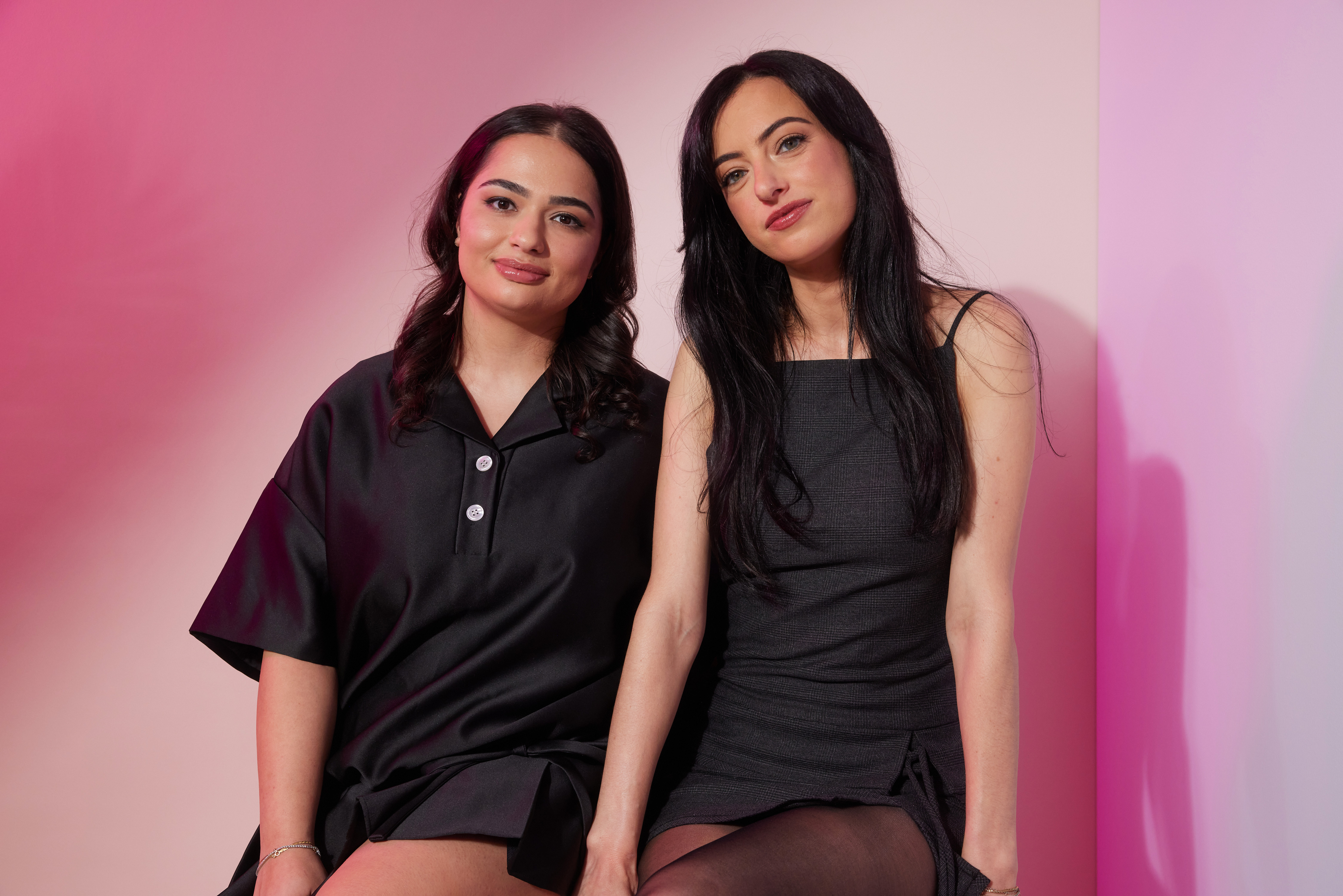
Elisa Kalani and David at SXSW 2024, where they premiered I Love You Forever.
Marie Claire: It took five years to get I Love You Forever made. Did you have any frustrating conversations with people who didn’t understand what you were going for?
Cazzie David: Anytime you're pitching a movie—even that just centers around young people and the story will resonate with young people—you're pitching it to men over 50. Of course they're not going to understand this. They're not going to know why this should be made. In all of these companies, none of them are run by young people, especially young women.
MC: I’m sure they didn’t understand this material in particular.
CD: Totally. We know that so much of social media glamorizes toxic relationships—the vernacular is so overused; it's such a hot topic. Obviously, it's not accurate to what the reality is of what those words mean, but you're trying to say that to convince people of something that they just don't really care about. You don't know who's going to be able to understand you and then advocate for you. There are so many gatekeepers to the industry. It's so much convincing someone, ‘I'm capable of doing this. I promise people will connect to this or see this.’
MC: You finally found support in Diablo Cody, who produced the film and has written a few movies that have been underappreciated upon their release. Was she hands-off or did you find a good guide in her?
CD: She's one of my idols, since forever. All of her movies are my favorite movies. Young Adult is one of the best movies ever made. It's just such an honor to be around her and be able to text her a question, so she was a huge inspiration.
All of her movies are ahead of their time, but it's weird because you're watching them and you're like, how could anyone not get this? But I think people who are that cool, it’s not going to be mainstream at the moment.
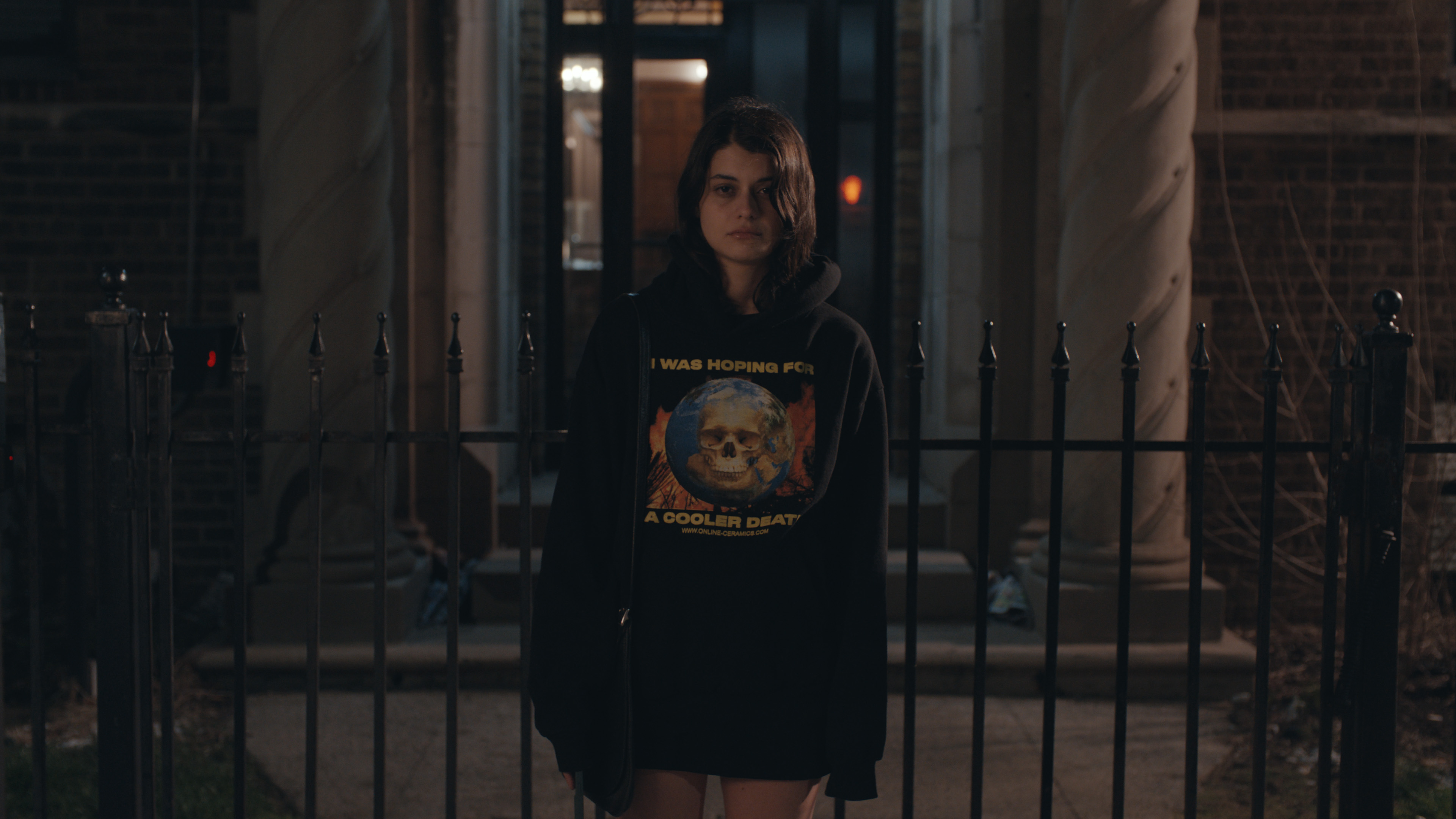
Sofia Black-D'Elia stars as Mackenzie, who is unlucky in love when she meets Ray Nicholson's character, Finn, in I Love You Forever.
MC: Exactly—which sounds like the initial reception to pitching I Love You Forever. But you wanted to make it because it would have felt cathartic to have seen something similar to what you went through. Was it cathartic to write and direct it, though, especially with a close friend?
CD: We originally didn't want to direct it. We went out to a bunch of directors and everyone passed. So we were like, I guess we have to do this. It's an amazing honor, but we were hoping for someone more experienced so we could take a back step, but every single person we went out to was like, ‘I feel like I wouldn't be able to best serve this because I haven't had this experience.’
It ended up being for the best because we really did know how that’s supposed to play out—especially those fight scenes, how those manipulation tactics work on the other party in the relationship, and how they feel like it's their fault. The overall cycle of abuse is so confusing that you do have to have a lot of knowledge in that world in order to be able to track the emotions of both people and the relationship.
MC: You two have been working together for so long. When you decided to direct it yourselves, was it exciting to tackle that together?
CD: We met our freshman year in college and we made horrible, unfunny sketches that have thankfully been wiped off the internet. This was just the first thing that ended up getting off the ground. That was surprising to us because it was not the project we assumed would make it out there, but we're so happy it did.
MC: Was there anything you didn’t expect, with this being your directorial debut?
CD: I have a hundred other stories of things that went wrong—terribly, terribly wrong. But I didn't expect it to be [as difficult also] acting in it. You know what the lines are supposed to sound like as the person who wrote it. So directing myself in those scenes, I'd be like, okay, I know how I'm supposed to say this. But I didn't expect it to be so hard when in a scene with other people where I would get so distracted watching them as if they were a movie. I would constantly forget that I was in the scene. They'd be like, ‘It's your line.’ I was glad that Elisa was there to help on those days.
We also know each other so well at this point that she'll be like, ‘Can you do that thing with your face that you do when after someone says something that you don't like?’ And I'm like, ‘Oh, this one or this one?’
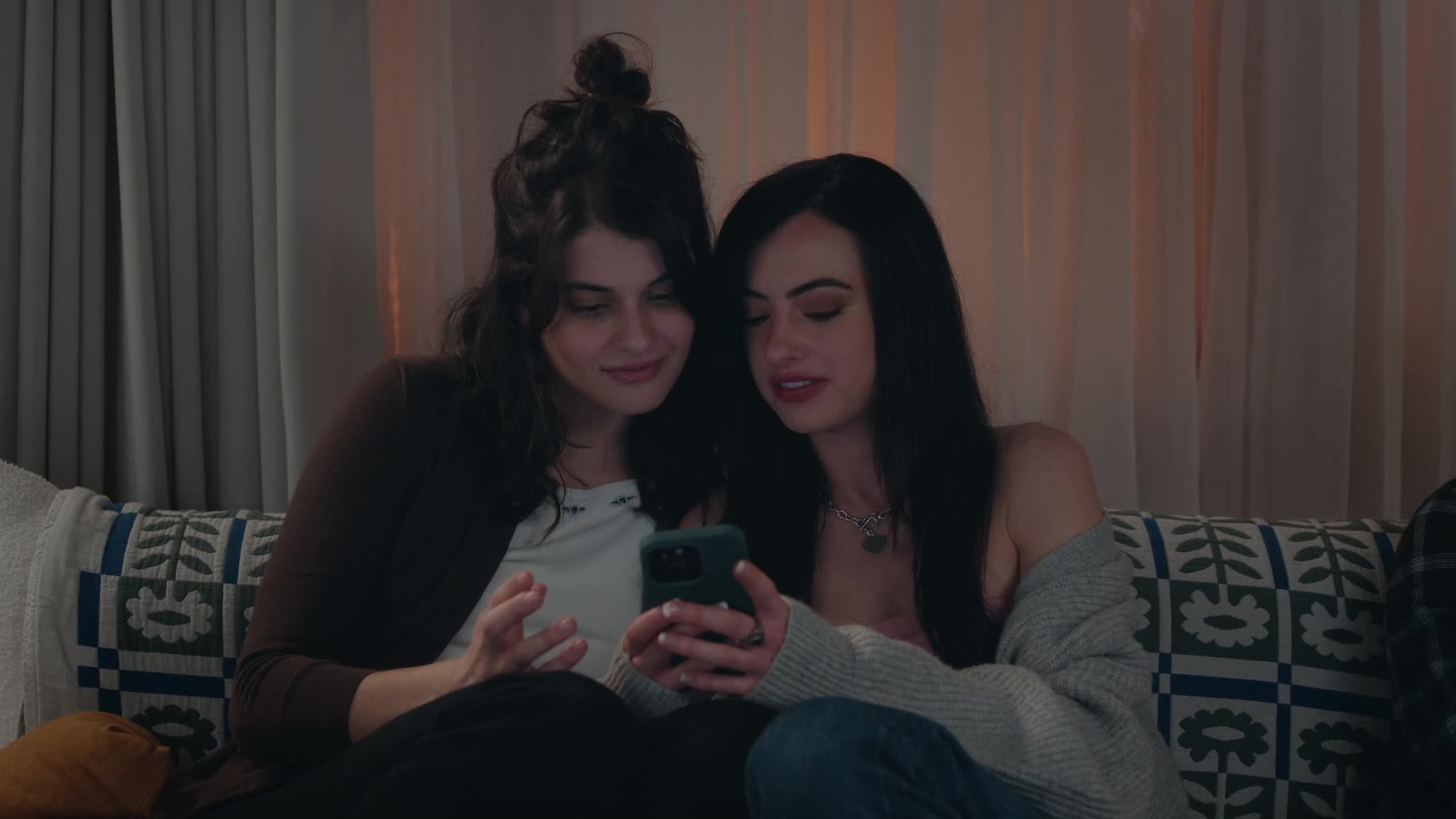
In the film, Mackenzie (Black-D'Elia) and Ally (David) frequently commiserate over dating apps, who is or who is not DM-ing them, and their exes.
MC: What additional research did you do so the film resonated with the audience, but also covered topics of abuse and toxic relationship patterns accurately?
CD: I turned to research in the aftermath of that personal experience I had because it was the only thing that made me feel super seen. There was so much about the experience that was so confusing and you couldn't make sense of any of it. I'm a logical person, so to be looking at something and have there be no logic involved, and basically have to throw away logic when thinking about it and understanding it was really hard for me.
I think most people who've been in something like this, they're all super textbook [cases], so that kind of research is validating because almost everyone can be like, oh, yes, that's true, that's true, that's true. Even if everyone's different and everyone's relationship is different, usually you can relate to those textbook qualities.
We really wanted to get the cycle of abuse: the love bombing period; the idolization once they win you over; how they immediately devalue you and it’s game over; how you're constantly trying to get back to the beginning and that’s what keeps you into the relationship. It was important for us to show how and why someone might stay in this. And so much of that is:, once it's calm, you don't want to set it off again; there'll be this explosive episode and you'll maybe want to leave, but the second it gets calm again, you don't want to go back to that. A lot of that was really important: getting that right and displaying all different types of manipulation tactics: the guilting, the shaming, the sarcastic remarks.
MC: With that, it helps validate Mackenzie’s experience of staying in the relationship.
CD: I do believe you should never ask someone in a situation like that why they didn't just leave.’ That's just such an inappropriate question. It doesn't even matter. But at the same time, we did want to showcase how it can be hard. And the whole movie is not dissimilar at all to what it would be like to enter a toxic relationship like that from start to finish, including the rom-com aspect.
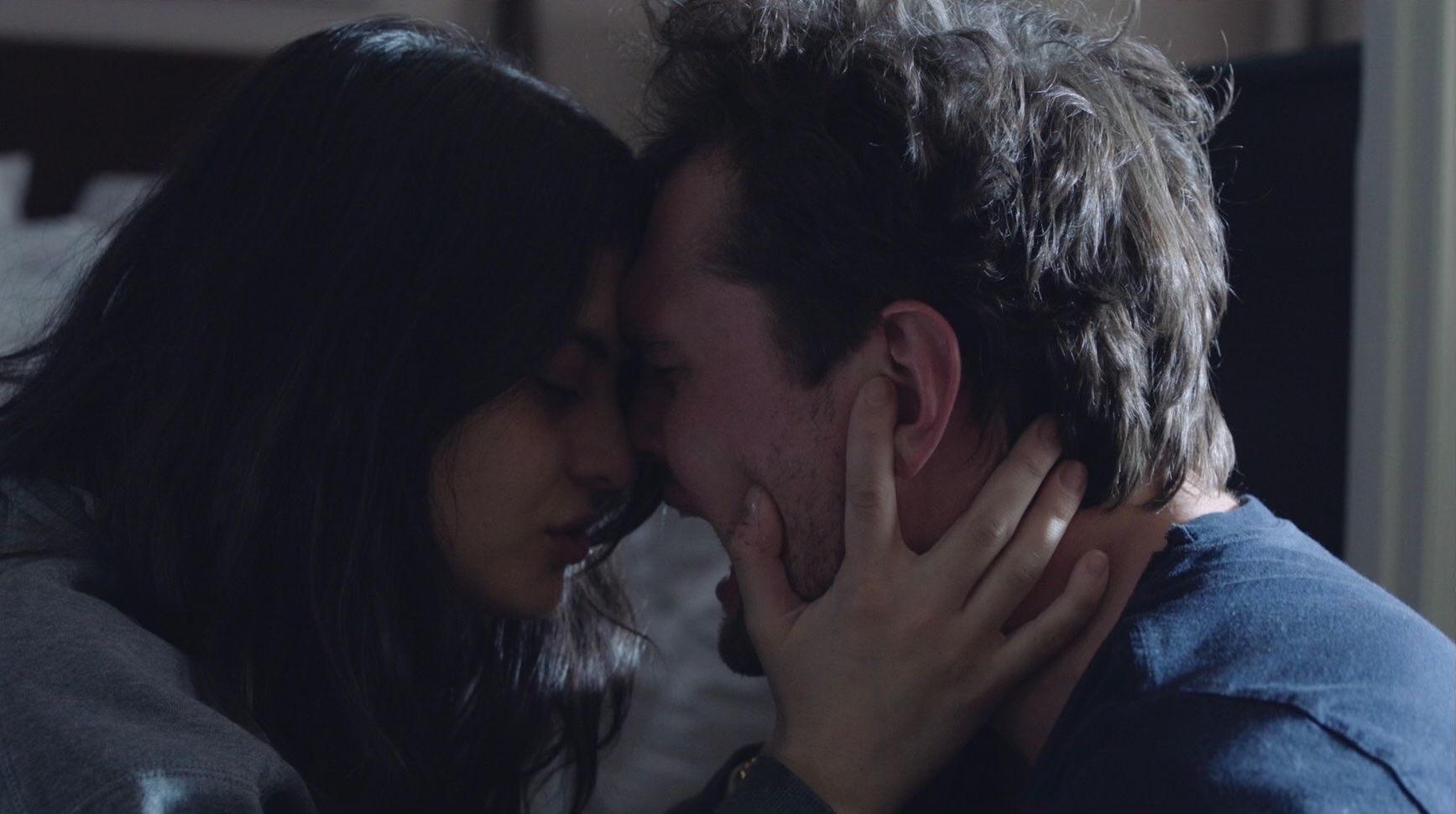
"The whole movie is not dissimilar at all to what it would be like to enter a toxic relationship like that from start to finish, including the rom-com aspect," David says.
MC: The movie illustrates language about toxic relationships that maybe TikTok has coopted and what that can actually look like. Was it fulfilling or grounding to do that sort of correcting?
CD: I think it's a dangerous thing to overuse terms because, first of all, if you're in one of these relationships and someone's like, ‘They're love bombing you,’ or, ‘They're gaslighting you’ you're not going to believe that that's what's happening to you. It's harder to take seriously if you're in that situation. And then it's harder to come out about it because we overuse it so much that it's hard to believe that because no one knows what it means. Showing the difference between conflict and abuse is super important, especially at this time when all this vernacular is so trendy.
MC: The movie is also very funny and accurately depicts the modern online dating landscape. Did you and Elisa have fun writing the screenplay, maybe trading your own stories or stories from friends about dating?
CD: For sure. Anytime my friend says something funny or ridiculous, I write it down and ask them permission to use it. I think we're fed so much content that's trying to be young, and it always sounds so corny. Especially when characters and shows or movies are talking about social media, it never sounds like what my friends sound like.
The meticulousness of how [Gen Z and millennials] talk about social media and their interactions is so hilarious to me because it's something that's so small and so stupid, and you're making it such a big thing. It feels very ripe for humor.
Looking back on a relationship like [the one in I Love You Forever], it's obviously so tragic in so many ways, but it's very funny to think back that you were able to be so convinced by something so ridiculous and how dramatic those moments were over nothing. There's humor in that when you get enough time away.
Showing the difference between conflict and abuse is super important, especially at this time when all this vernacular is so trendy.
MC: The ending is a bit of a gut punch. Was it always written that way?
CD: That was always in the movie, but there were three scenes that were meant to be after it, and they just felt too somber. When we finished the movie, people were like, ‘We would really like a happy ending,’ and we really fought for this ending because [a happy ending] just felt like going against everything that the movie is. Especially making fun of all of those romance fairy tale [tropes], it would be insane to end on a happy ending.
We had an even more somber ending, which was that she's at a restaurant two months later on a date, and she's ordering, the waiter takes her order, and she says to the waiter, ‘Thank you. I love you forever.’ She doesn't realize that she says it, but it's so ingrained in her, having said that so many times. It was to show she's trying, but it's still permeating her world. We ultimately wanted to end on a more fun note, if you can even call what the ending is now ‘fun.’
MC: You’ve called your movie the “anti-rom-com” and people have been begging for the “rom-com revival” for years. What do you hope to see from the genre?
CD: It doesn't matter what it is, anything could become overkill; it's a matter of having a really good story. That's the most important thing. What made rom-coms years back better was that the writing was so much better—the dialogue was better, the way characters spoke to each other was better. There was observational comedy and so many different lines and ideas in the rom-com that people could relate to—things that happened in the relationship and the conflicts in the relationships. I think that's what's lacking now.
MC: If you and Elisa don’t want to do something dramatic again next, what do you hope to work on?
CD: We've been trying to get a TV show off the ground for so long, and that's still our number one priority. It's proven to be difficult, but all of our material is going into that and trying to make that happen, so hopefully it can work out at some point.

Sadie Bell is the Senior Culture Editor at Marie Claire, where she edits, writes, and helps to ideate stories across movies, TV, books, and music, from interviews with talent to pop culture features and trend stories. She has a passion for uplifting rising stars, and a special interest in cult-classic movies, emerging arts scenes, and music. She has over eight years of experience covering pop culture and her byline has appeared in Billboard, Interview Magazine, NYLON, PEOPLE, Rolling Stone, Thrillist and other outlets.
-
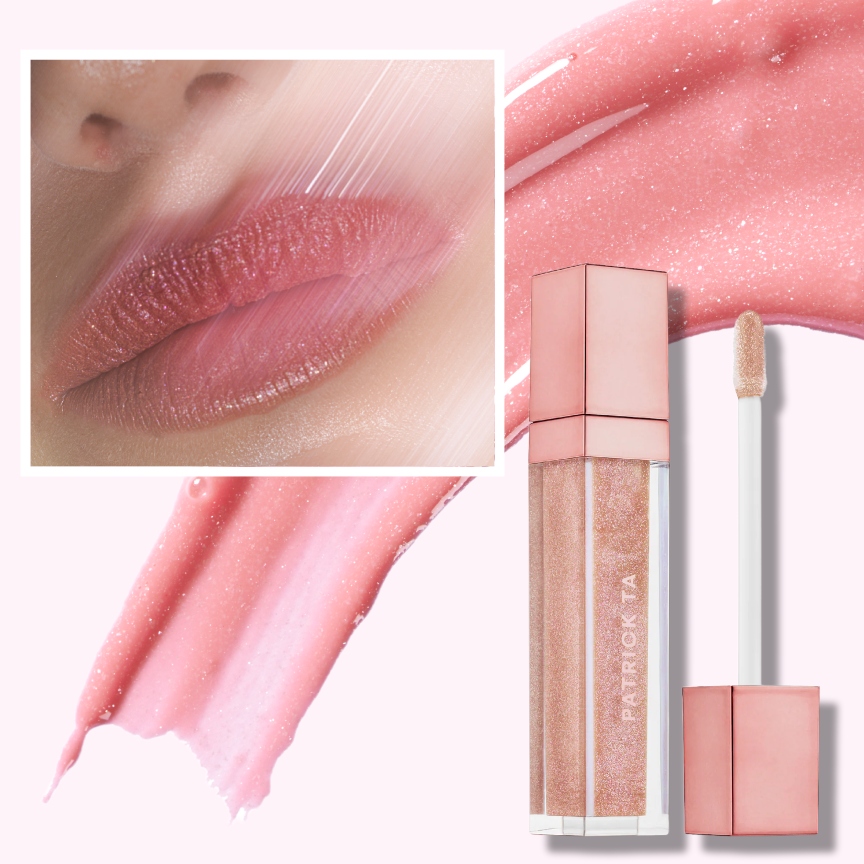 Trade Your Multi-Step Lip Care Routine for One Do-it-All Gloss
Trade Your Multi-Step Lip Care Routine for One Do-it-All GlossHydration, pigment, and longevity.
By Siena Gagliano Published
-
 I’m Wearing These On-Sale Summer Tops With Everything This Summer
I’m Wearing These On-Sale Summer Tops With Everything This SummerFrom denim to skirts, these under-$150 finds work with everything.
By Brooke Knappenberger Published
-
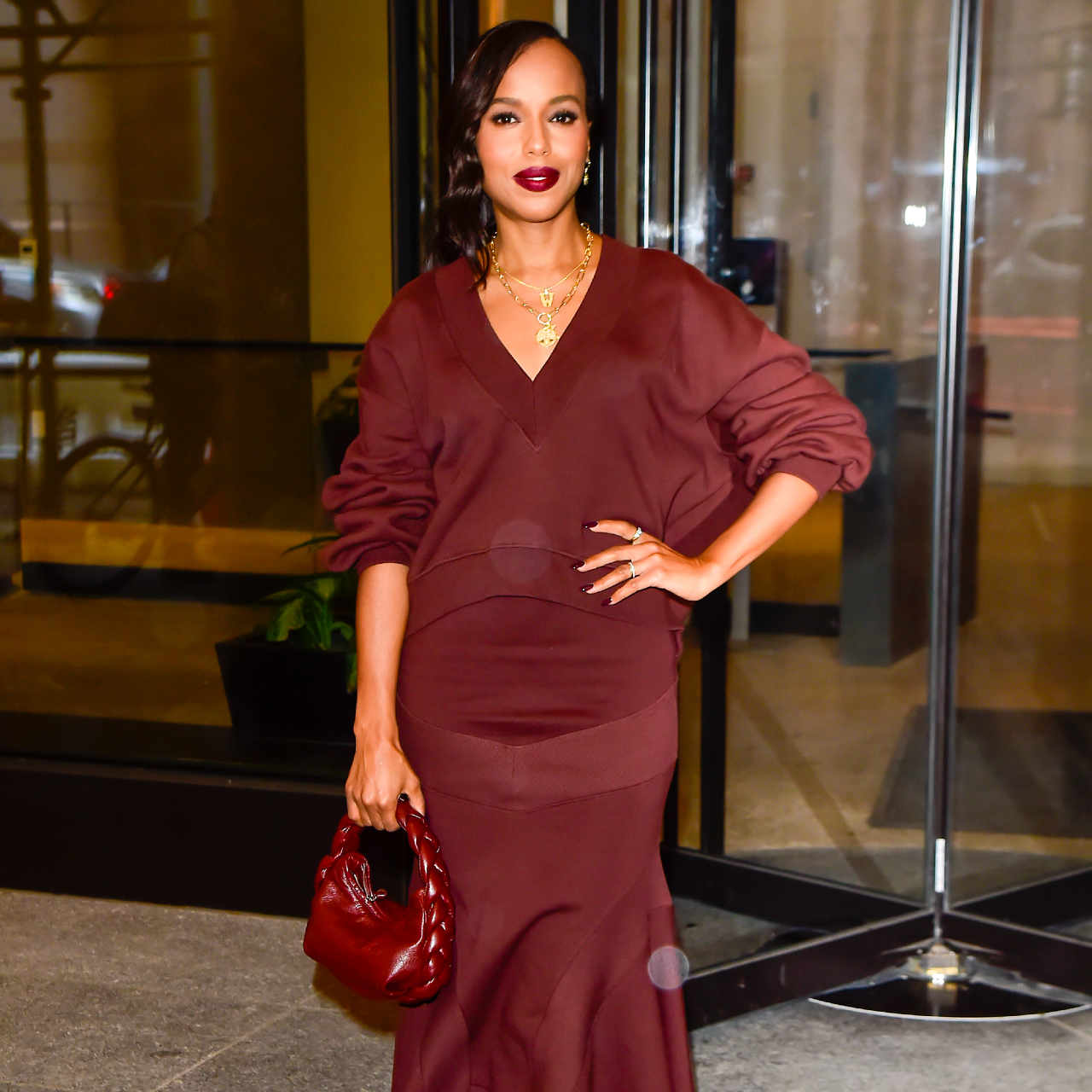 My Afro and I Have a Summer Muse—and Her Name Is Kerry Washington
My Afro and I Have a Summer Muse—and Her Name Is Kerry WashingtonMy curls understand the assignment.
By Ariel Baker Published
-
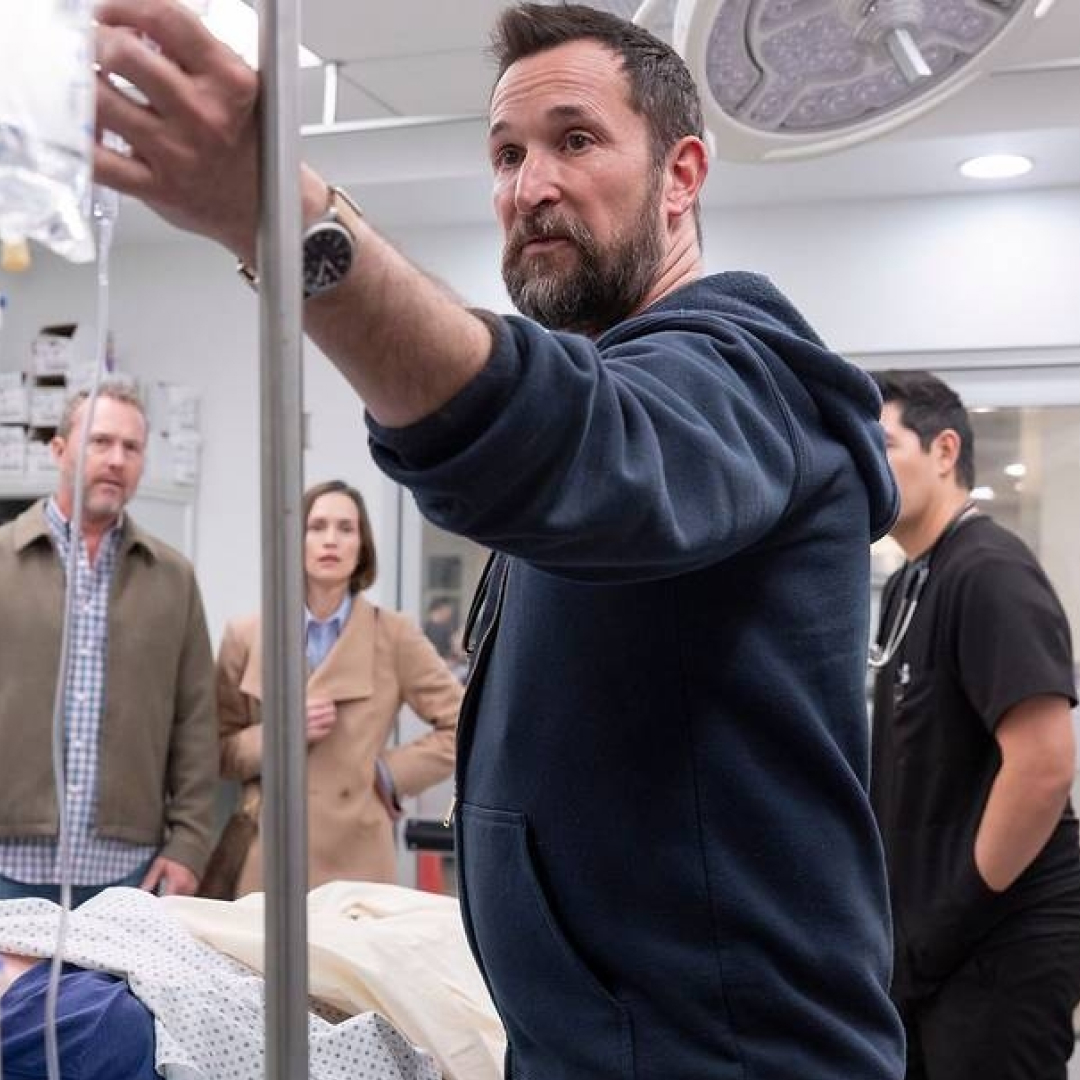 'The Pitt' Season 2: Everything We Know
'The Pitt' Season 2: Everything We KnowHere's where the hit Max medical drama could go after its gripping finale.
By Radhika Menon Published
-
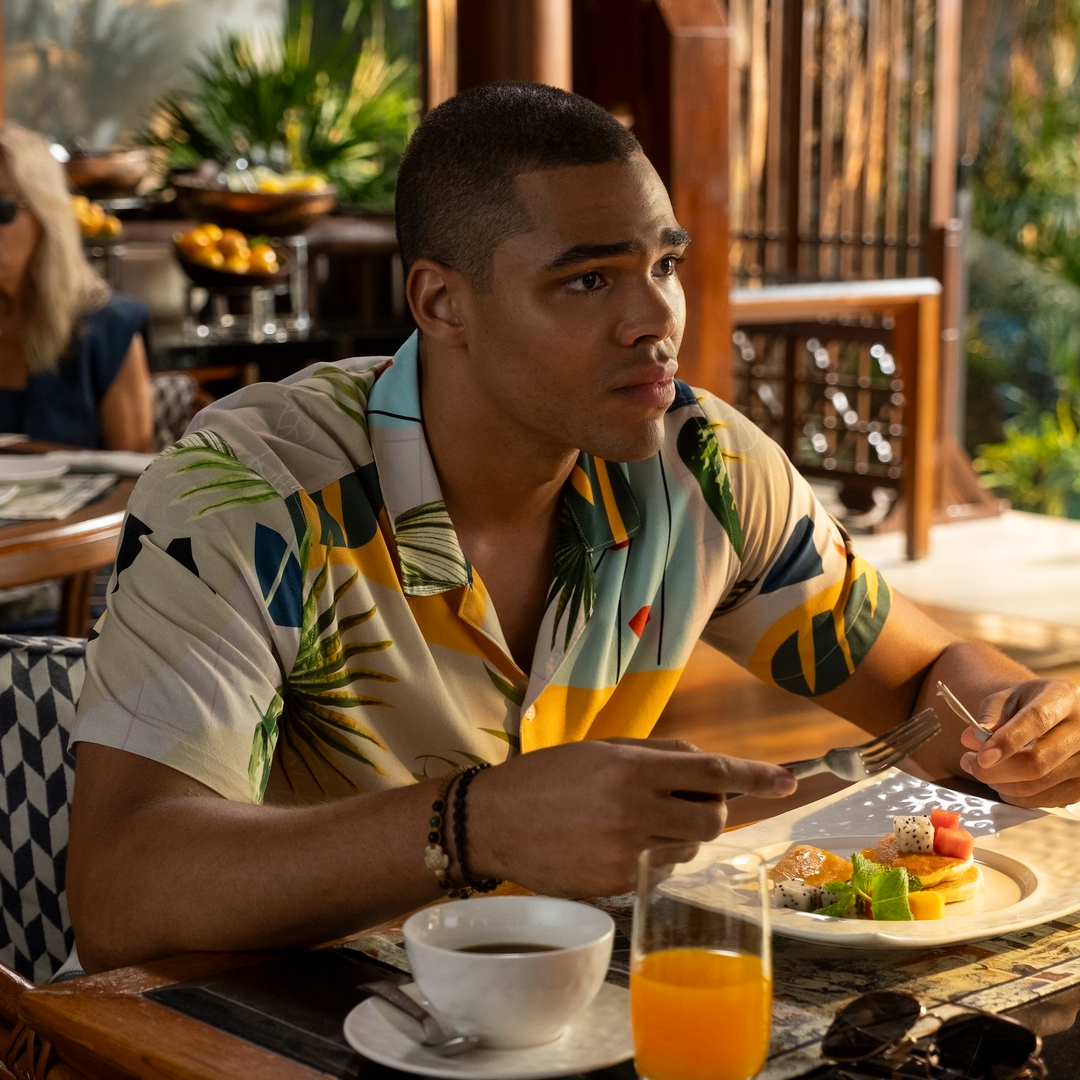 Meet Nicholas Duvernay, the Actor Who Plays Zion in 'The White Lotus' Season 3
Meet Nicholas Duvernay, the Actor Who Plays Zion in 'The White Lotus' Season 3We can't stop thinking about his scene-stealing performance in the finale.
By Quinci LeGardye Published
-
 'The White Lotus' Season 4: Everything We Know
'The White Lotus' Season 4: Everything We KnowCreator Mike White has already started teasing where the next installment will be set—and who might be back.
By Quinci LeGardye Published
-
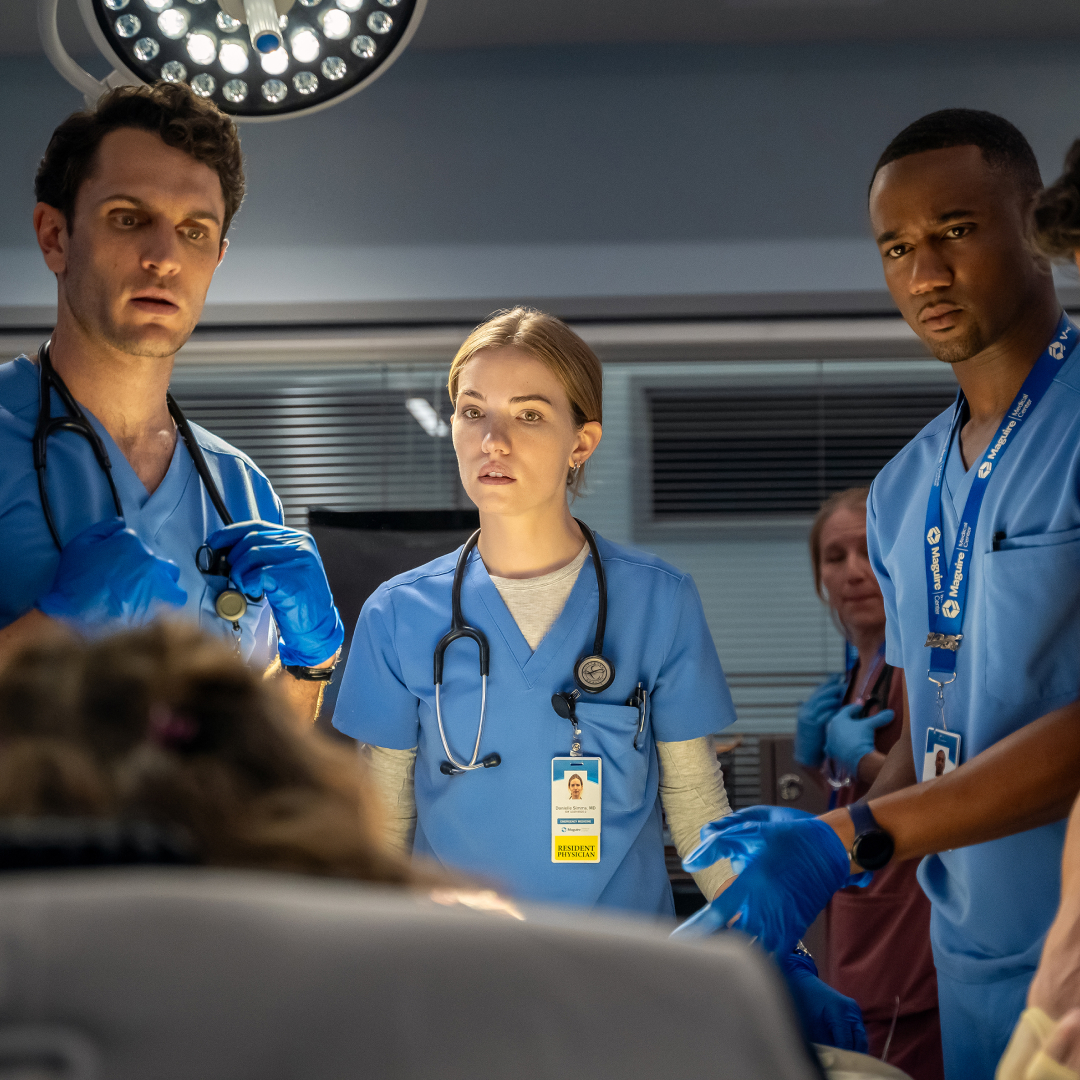 'Pulse' Season 2: Everything We Know
'Pulse' Season 2: Everything We KnowWe need to know about the future of the central will-they-won't-they STAT.
By Quinci LeGardye Published
-
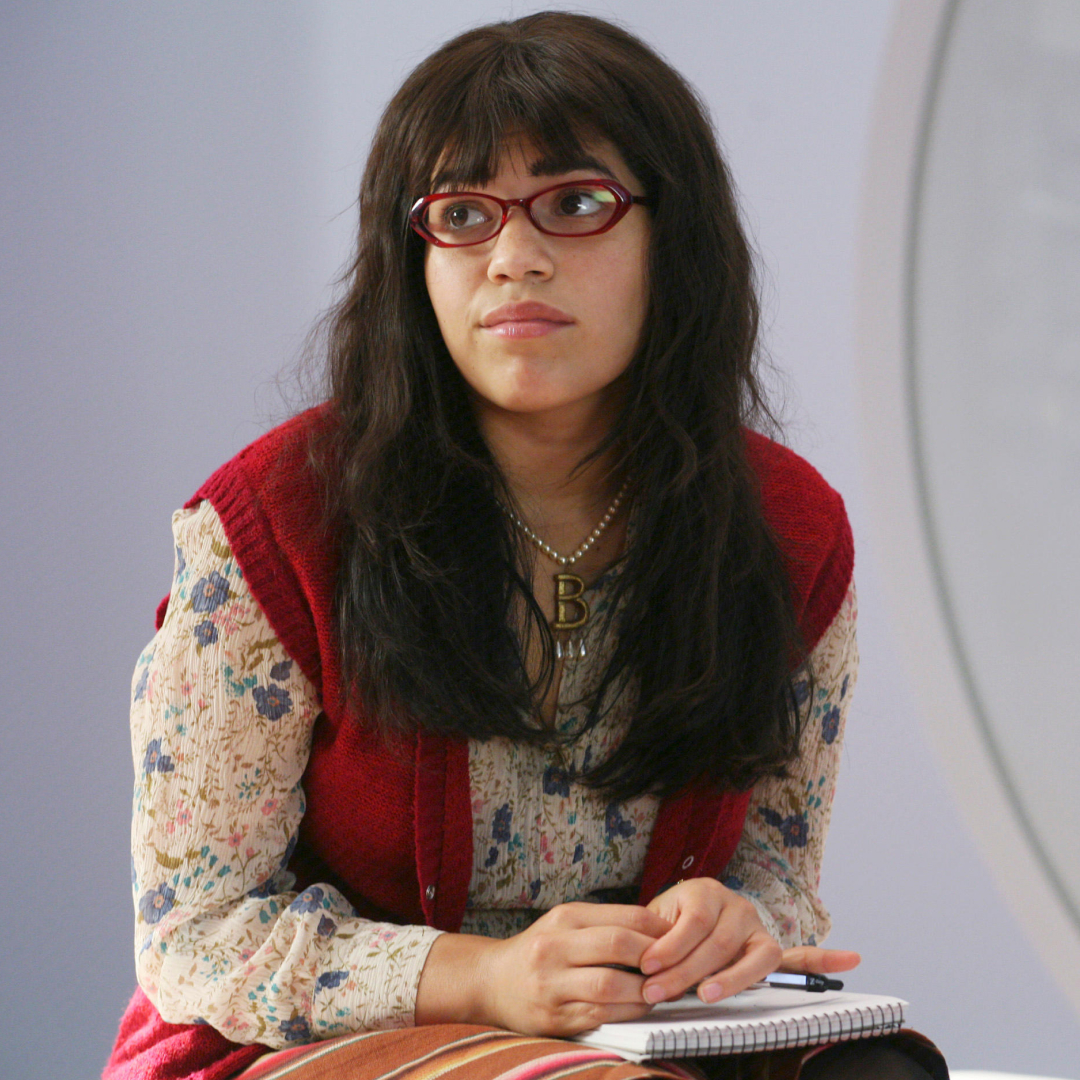 The Best Workplace TV Shows of All Time
The Best Workplace TV Shows of All TimeFrom iconic sitcoms to award-winning dramas.
By Iris Goldsztajn Published
-
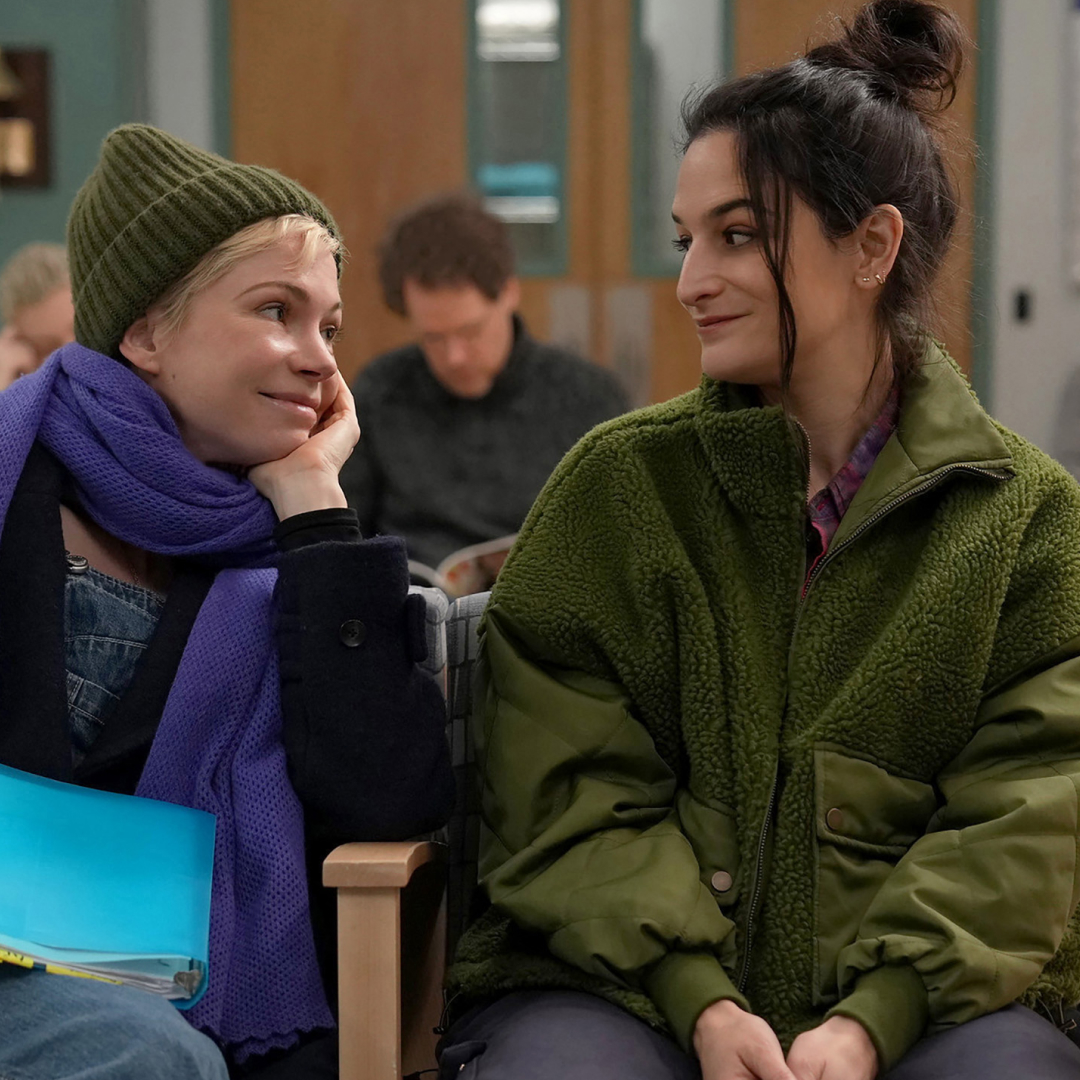 'Dying for Sex' Brought Jenny Slate to Life
'Dying for Sex' Brought Jenny Slate to LifeThe actress shares why playing Nikki in FX on Hulu's female friendship dramedy has felt like a life-changing part.
By Sadie Bell Published
-
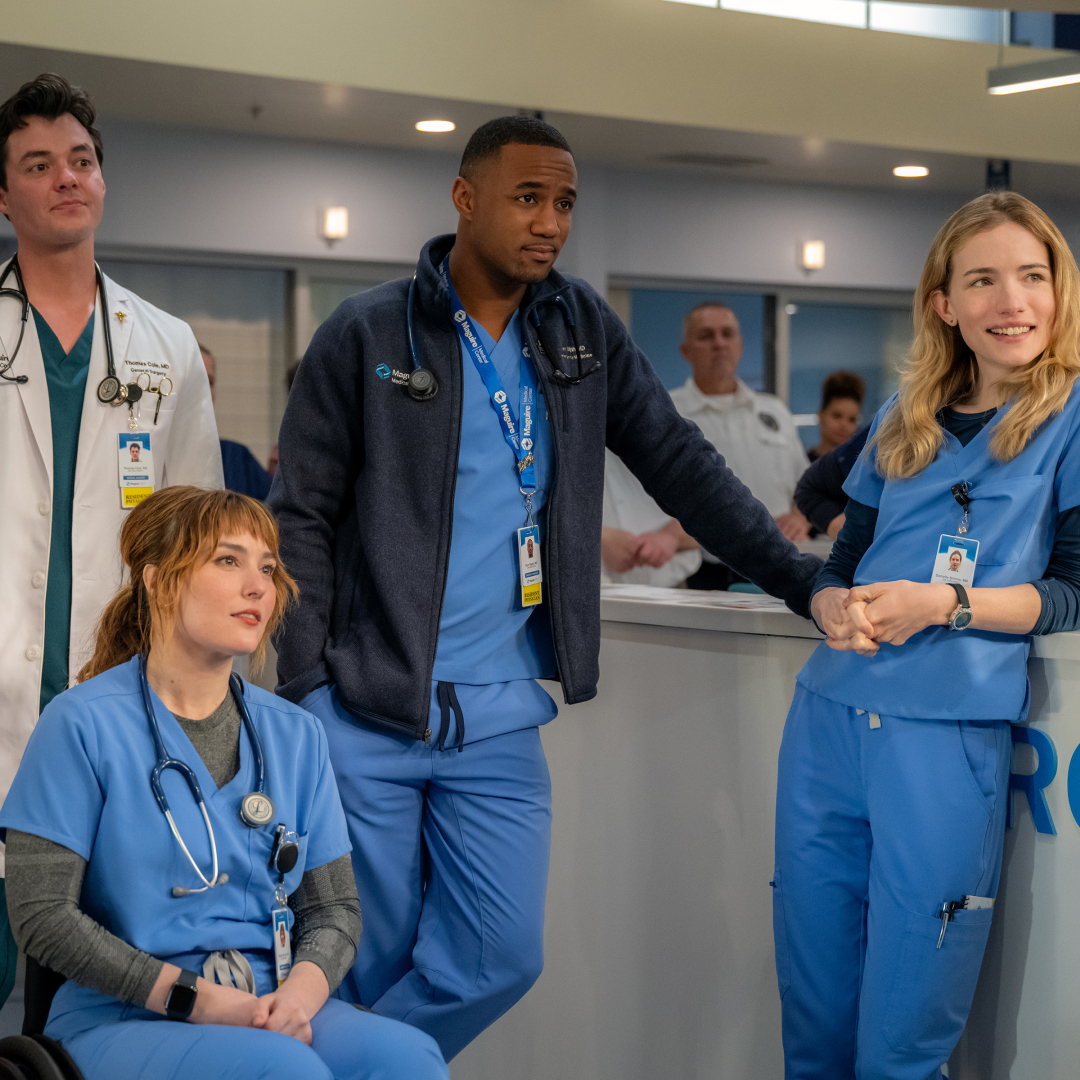 Meet the Cast of 'Pulse'
Meet the Cast of 'Pulse'We would trust the doctors at Maguire Medical Center with our lives.
By Quinci LeGardye Published
-
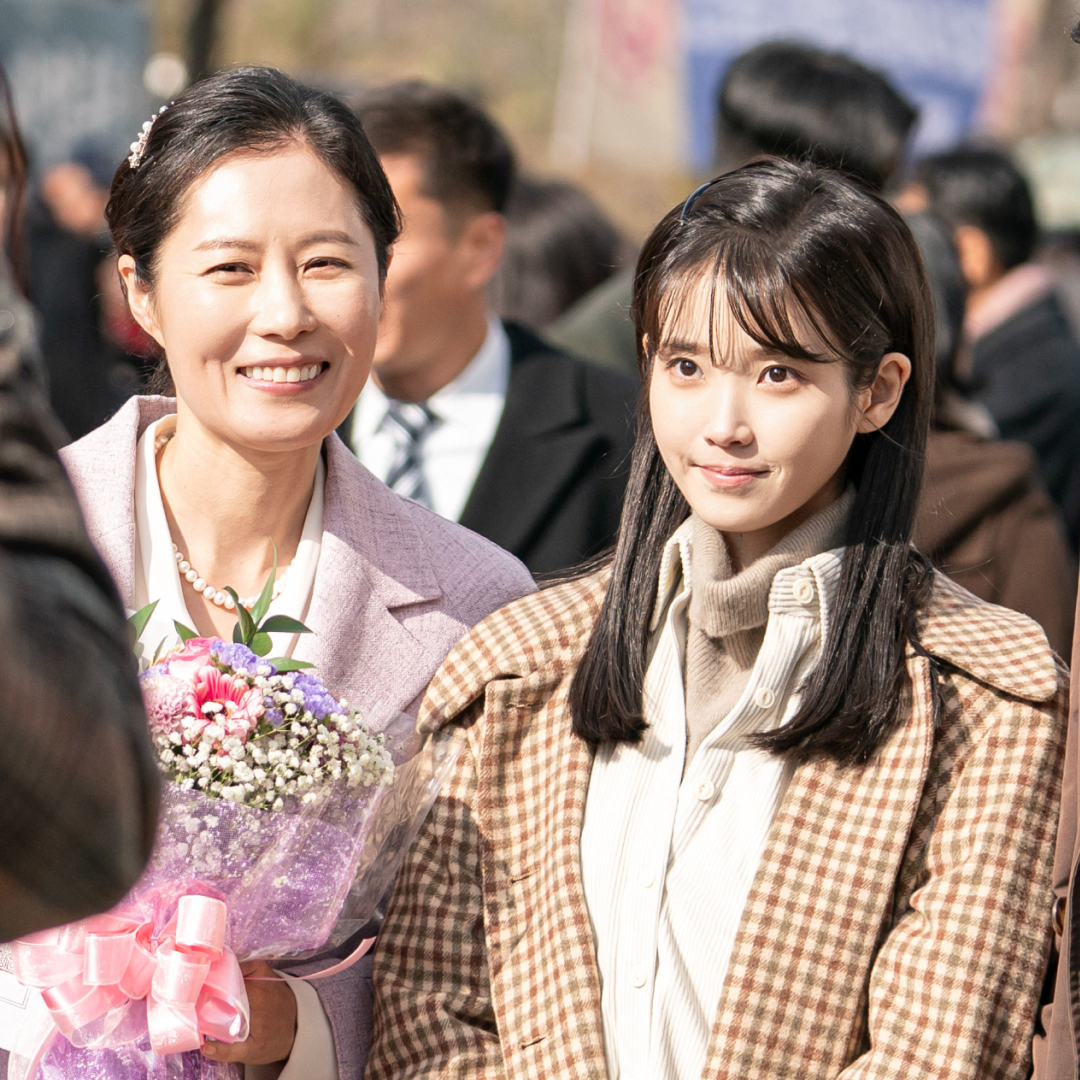 IU and Moon So-Ri Hope 'When Life Gives You Tangerines' Inspires You to Live Differently
IU and Moon So-Ri Hope 'When Life Gives You Tangerines' Inspires You to Live DifferentlyThe Korean actresses discuss both playing Ae-sun and how the Netflix K-drama related to their own lives.
By Quinci LeGardye Published